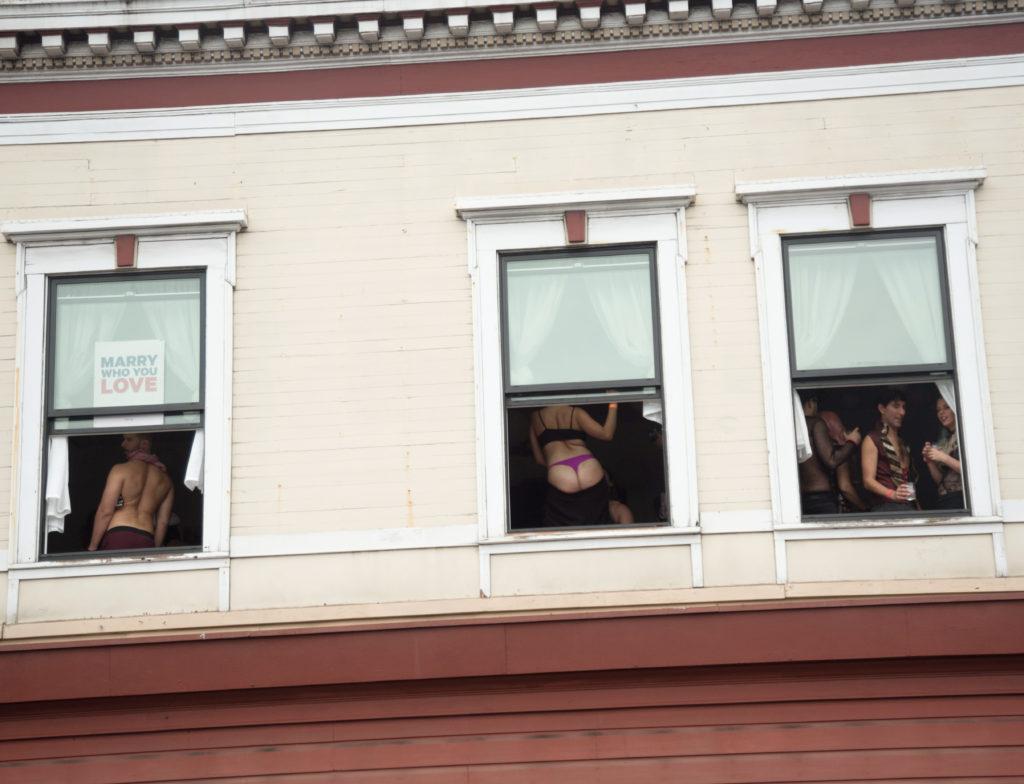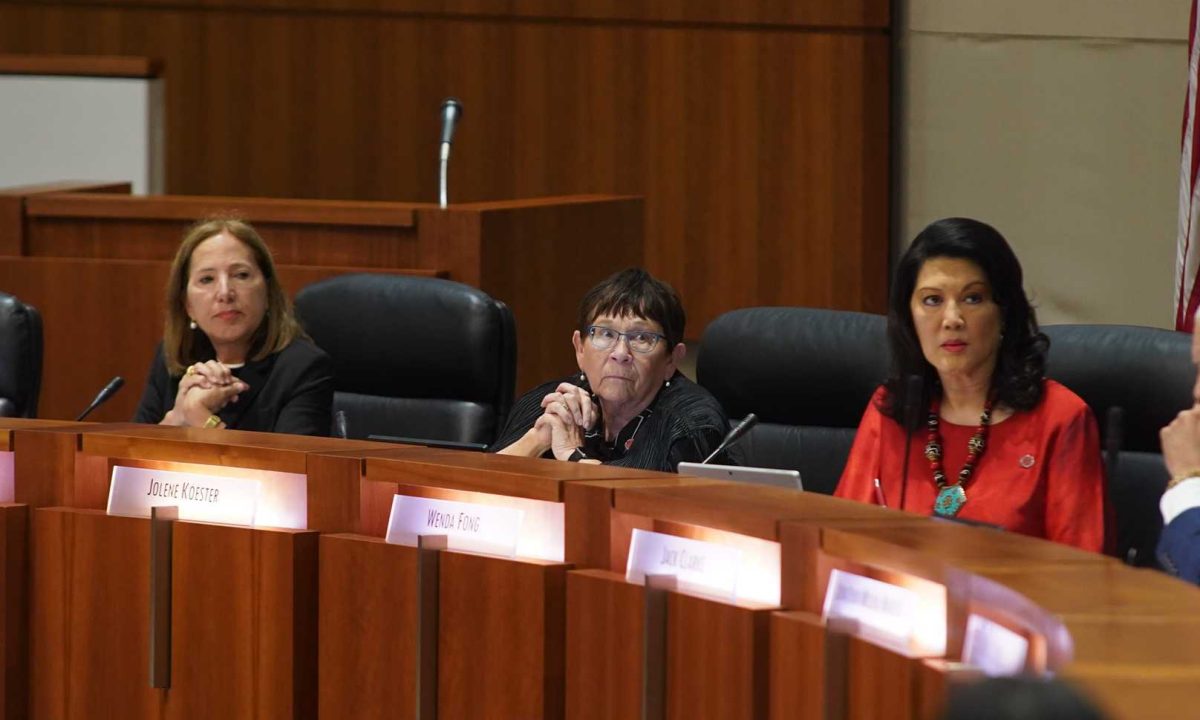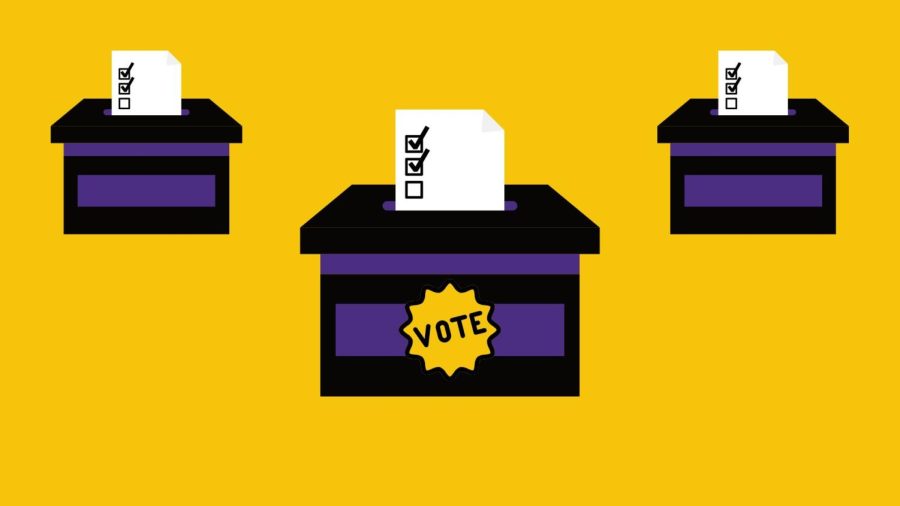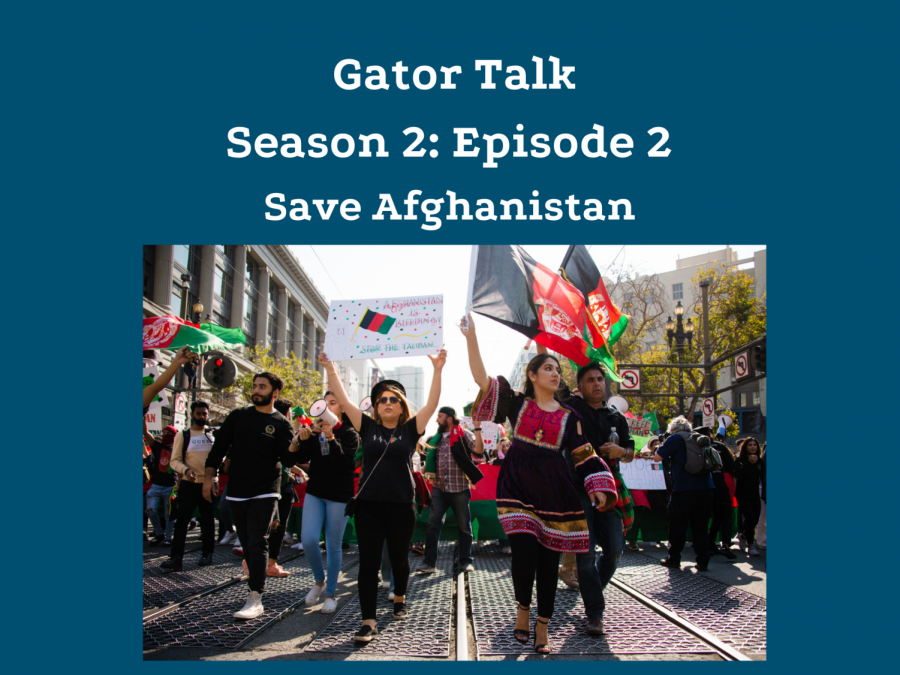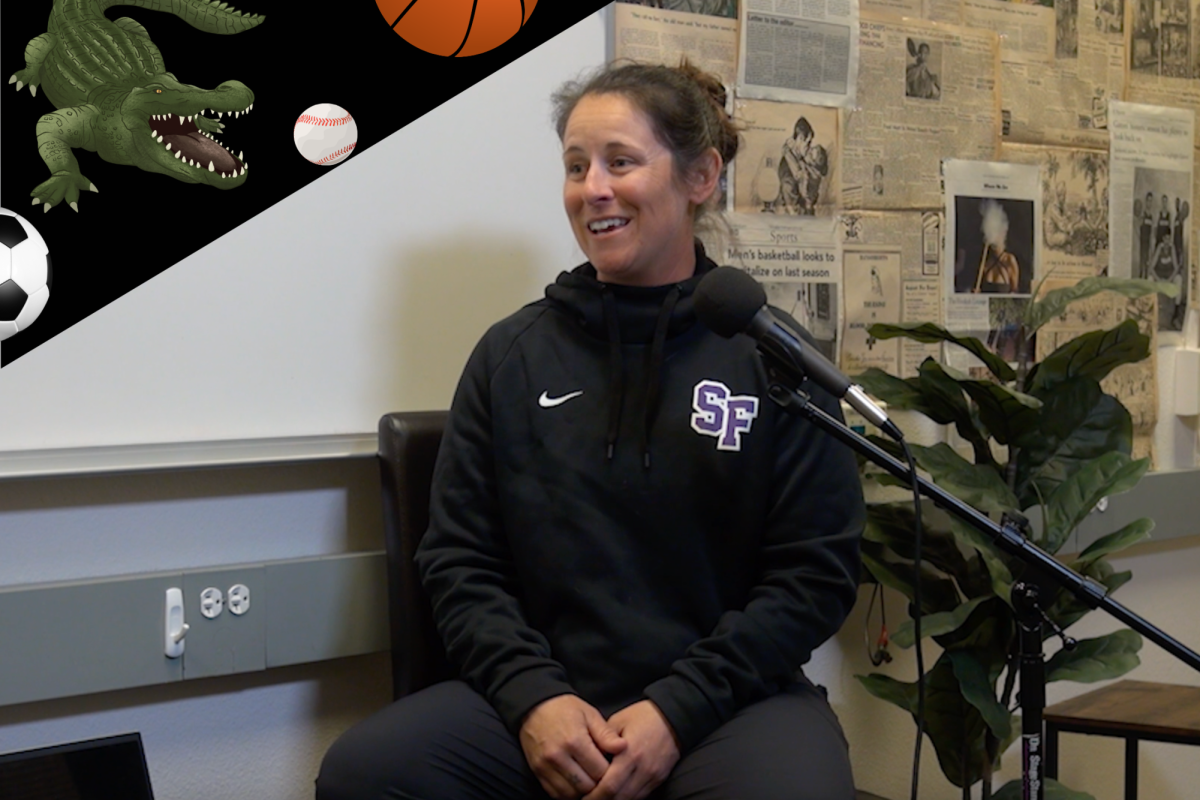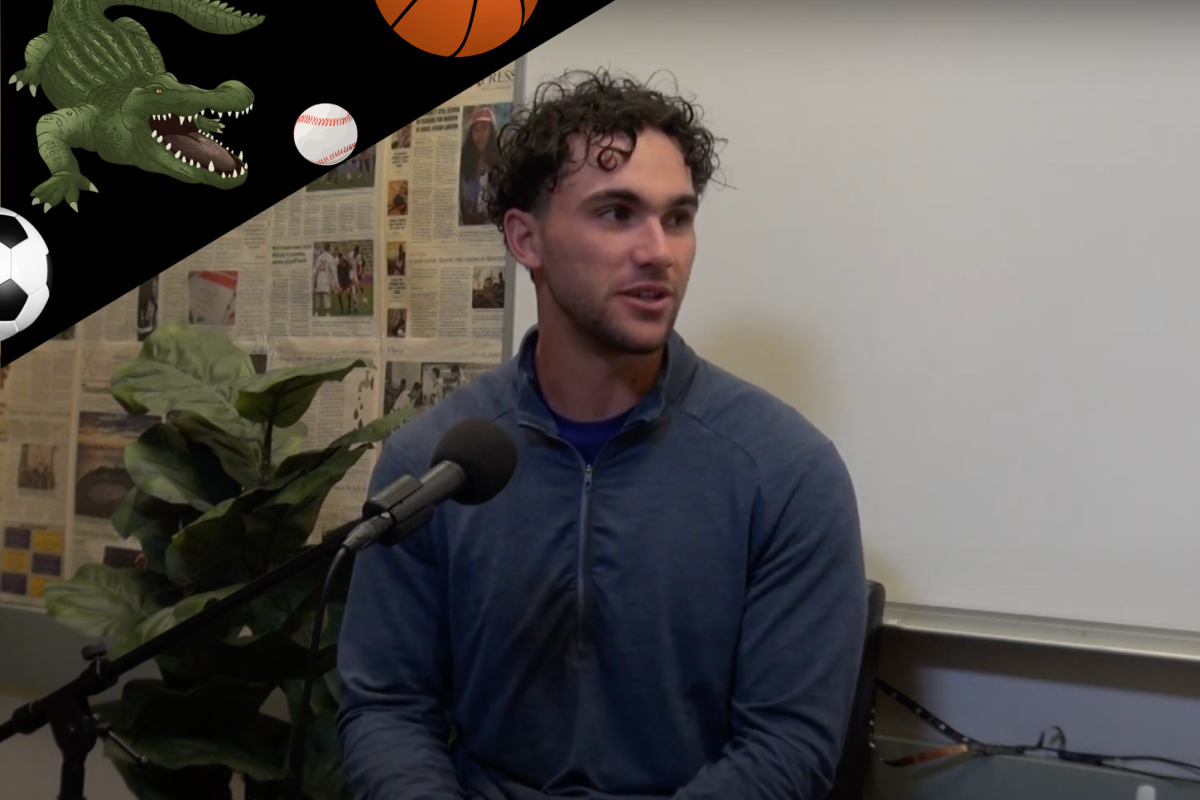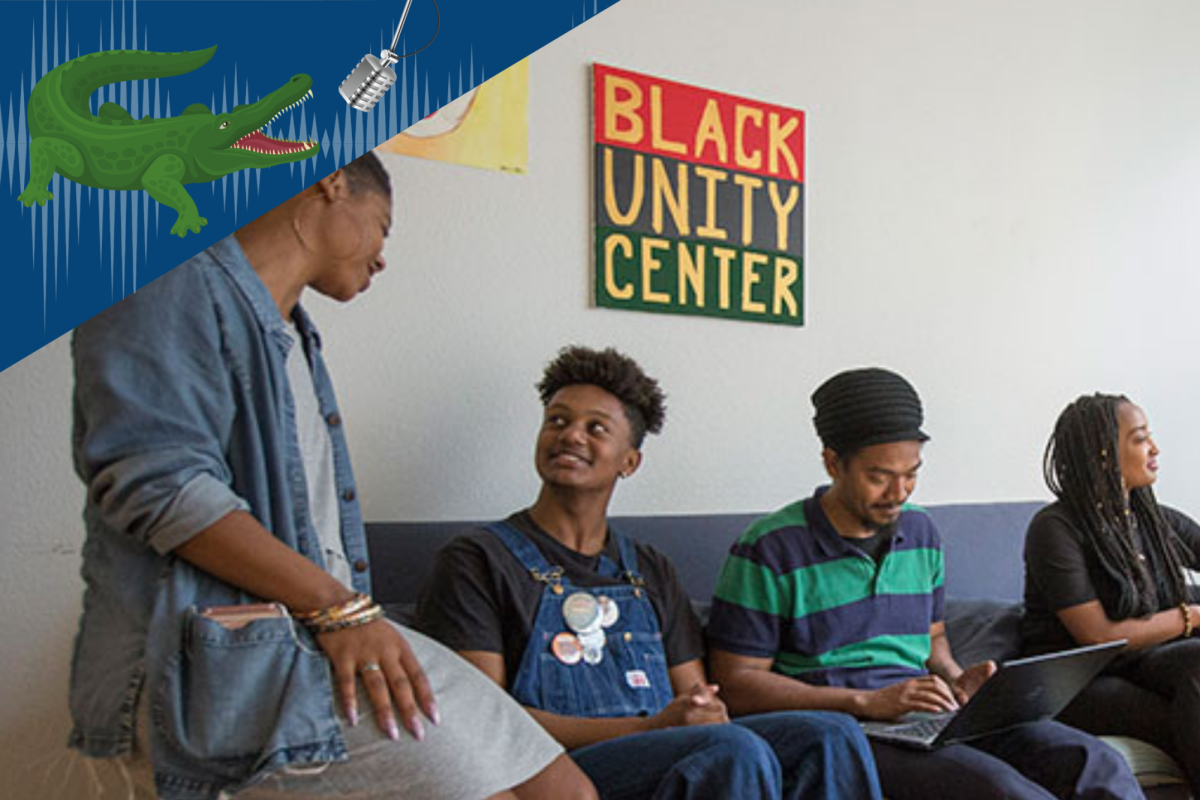Under the fierce sun of the last Sunday of September, skin-tight black latex, leather bondage and stark nudity dominated Folsom Street in the SOMA district of San Francisco, with the theme of consent becoming the focus of the show.
Folsom Street Events held its 34th street fair this weekend, welcoming a quarter million kinks to show off their darkest and dirtiest fantasies in broad daylight. Flogging, whipping, rope and role-play were only the tip of the festivities. Erotica was in excess and clothing was 100 percent optional. Fair-goers were encouraged to bring their fetishes from the sheets to the streets with 13 blocks of everything bare.
The fair was a mash-up of concerts, retail and live kink performances that involved audience participation. People crowded around Society of Janus’ booth to watch dozens of attendees be tied with ropes to large metal Xs. They were bruised, spanked and teased to their pleasure.
Communication is the most important element when establishing consent within kink partnerships. It must be given verbally, and never implied. Within the kink community there is the consensual saying of “yes means yes.” Consent must be active, enthusiastic and fully informed — until yes is said, consent is not given.
At every entrance were unavoidable signs, in bold lettering, defining consent as “Gear is NOT consent. Nudity is NOT consent. Ask before photographing or touching someone. NO MEANS NO.”
“I think consent is probably the most important part of the BDSM community,” said Patrick Finger, the executive director of Folsom Street Events. “One of the things we always say about play and our interactions is that it’s “safe, sane and consensual.” It’s that little trinity there that really holds the entire BDSM community up.”
Without the holy trinity of “safe, sane and consensual,” “play,” the word used to label acts of kink, becomes assault. After several unspecified incidents were reported from last year’s fair, the organizers started a social media campaign promoting consent and took extra precautions this year to ensure a safe environment for everyone.
Booths like Ask First, a consent campaign started in 2014, informed people of the importance of consent within BDSM and sex. It was started at FSF because too often at public sex events consent was assumed through attendance.
“Without it [consent] you are not doing BDSM, you are abusing somebody,” said Eva Sterling, a sex worker working the Ask First booth. “It’s a core component of BDSM.”
“Gear [bondage] is not consent. Just because somebody is on equipment is not consent. Just because somebody is walking around naked is not consent. You specifically need to state your intentions with somebody,” said event-goer Christina Cervantes. “I feel like so many people have been a victim of sexual assault, whether that be male or female, that you need to make sure that people are OK with what you’re doing.”
In the era of #MeToo, sexual assault has made headlines week after week, with victims of sexual assault coming forward and ousting their famous and powerful abusers. But another thing the social media movement has done is open up a mainstream conversation about consent, and how it should be defined.
“I would say it [MeToo] has had an effect on the BDSM community because we’re talking abo
ut it,” Finger said. “It’s getting hopefully all of us to take a look at our past behavior and say, ‘Was it really right for me to do that?’”
But to some members of the kink community, the concept and importance of consent has been there before any hashtag.
“It’s everything. The BDSM community was into consent a long time before the mainstream community ever talked about it,” said Jim Dunyak, who was operating the National Coalition for Sexual Freedom booth. “It was sort of codified in this ‘safe, sane and consensual.’ I think that was approximately 30 years ago, but it’s been a pretty strong concept, I would say since the beginning.”
For some victims of sexual assault, participating in BDSM can be a form of therapy. “People tend to think of the BDSM community as being a big, scary thing. It’s actually a place where I tend to feel safer than in the regular world because consent is something that is a principle that is really commonly considered,” said Alma, a dominatrix working at a whipping booth. “Out in the real world, I feel like consent wasn’t even talked about until the last year or two. In BDSM it has always been important.”
Unlike assault, when approached with respect and consideration for the other person, power within BDSM gives those who participate the liberation of either being submissive or dominant. Consent lets those who are victims reclaim their physicality and sexuality, and establish relationships rooted in trust.
“We don’t really live in a culture that promotes a lot of consent, especially for those of us in marginalized communities. We often have experiences where our consent was not respected, for we were not taught how to advocate for our own consent,” Ellison said. “BDSM can be healing for people because…we’re given permission to change our minds… and we learn it’s OK to yes, and to say no.”





